In the age of coffee growing in popularity, there is a drink with variety, flavor and even more benefits; it is tea. Not only is tea a tasty beverage hot or cold, it also has a healthy dose of caffeine depending on the type of tea you choose. Since tea dates back thousands of years and many varieties have fascinating stories associated with old civilization and even some interesting esoterism.
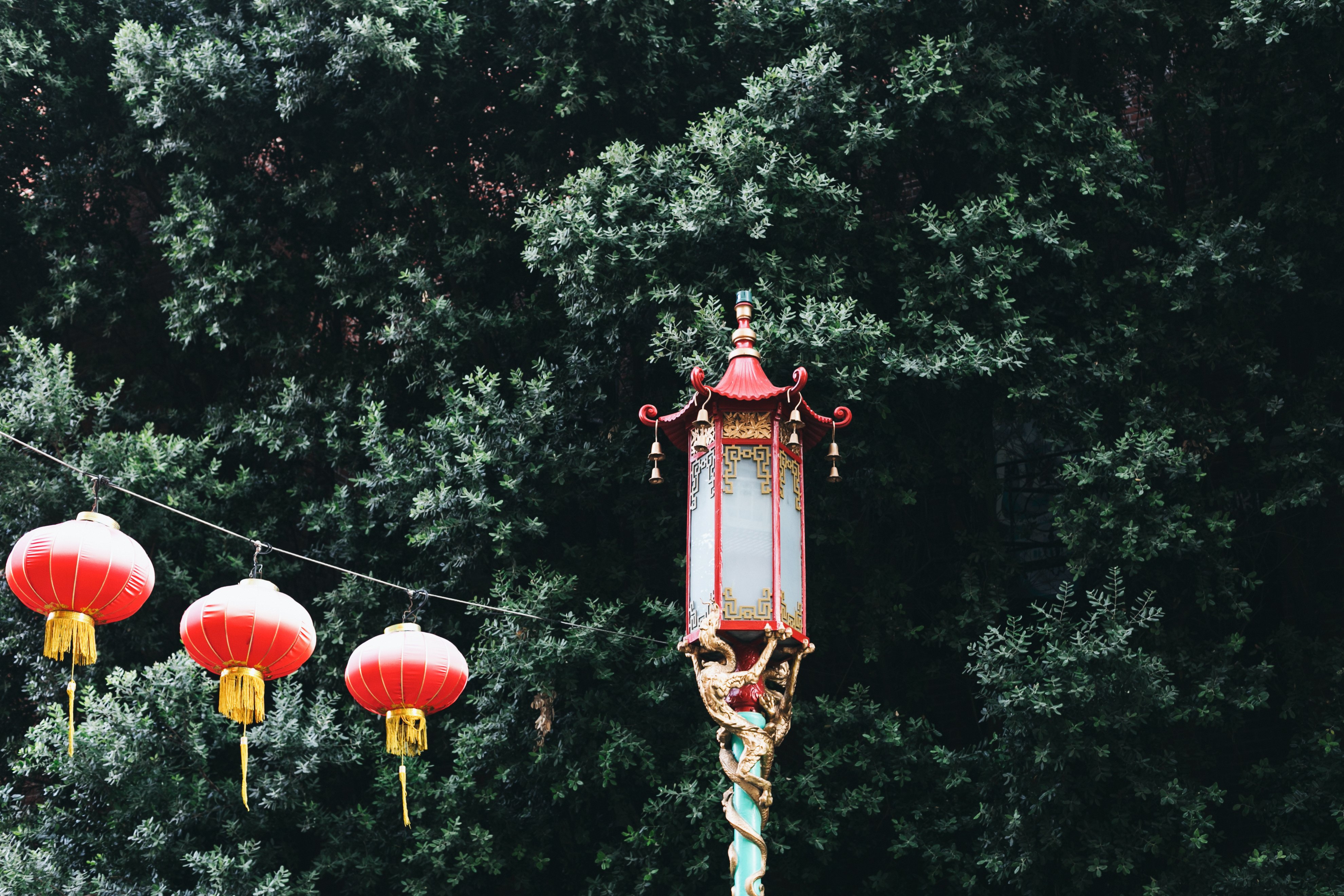
Photo by Sarah Pflug from Burst
Originally, the tea plant has its roots in China and India, where the first varieties were found. It is said that this finding happened in the Yunnan region, during the Shang dynasty, and it was used as a medicinal drink. According to a Chinese legend, the history of tea started in 2737 BC when the emperor Shen Nong, a ruler and a scientist, discover the benefits of drinking tea. Accidentally, a leaf from an overhanging tea tree drifted into the pot while he was boiling water, and he enjoyed the result so much that he was compelled to research further. The legend says that the Emperor discover the medicine effects of tea from that early era.
Indians, on the other hand, attribute the discovery to their own royal, the Prince Bodhi-Dharma, an Indian saint who founded the Zen school of Buddhism, in the year 520 (after the date the Chinese mention). It is said that during this time, he left India to preach Buddhism in China and, to prove some Zen principles, he vowed to meditate for nine years without sleep. It is said that towards the end of his meditation, he fell asleep. Upon awakening, he was so distraught that he cut off his eyelids, and threw them to the ground. Legend has it that a tea plant sprung up on the spot to sanctify his sacrifice.
Regardless of which story you find more fascinating, it is a fact that tea is a popular beverage today. Not only because of its flavors but also because it is associated with many benefits for our health and body. At the very least, drinking tea regularly is another great way to get fluids into our body every day. In addition to that, numerous researches have linked different types of tea to weight loss, reducing the risk of heart attacks, and protecting us against many types of cancer such as: breast, colon, colorectal, skin, lung, esophagus, stomach, small intestine, pancreas, liver, ovarian, and prostate. This is due to the large amounts of antioxidants it carries.

Tea for me has become somewhat of a daily ritual. I try to consume a cup of tea at least once per day whether it is hot or iced. I find that loose tea has become my favorite variety if I am home and want to relax, while tea bags does the job if I am up and about. Coffee shops are a place of solitude for me to work or wind down so I tend to explore all the local ones and somewhat wish there was a tea shop of some sort. Most times you can find a nice selection of tea in coffee shops also so you have the best of both worlds. Since there are so many varieties of teas to discuss, I have selected six (6) of my favorite types of tea that happen to also be extremely beneficial to different aspects of your health. While I personally take a daily intake of 1-2 cups per day, I would advise you talk with your medical professional about your personal situation. With daily intake, you will see great results if you are consistent.
Green tea
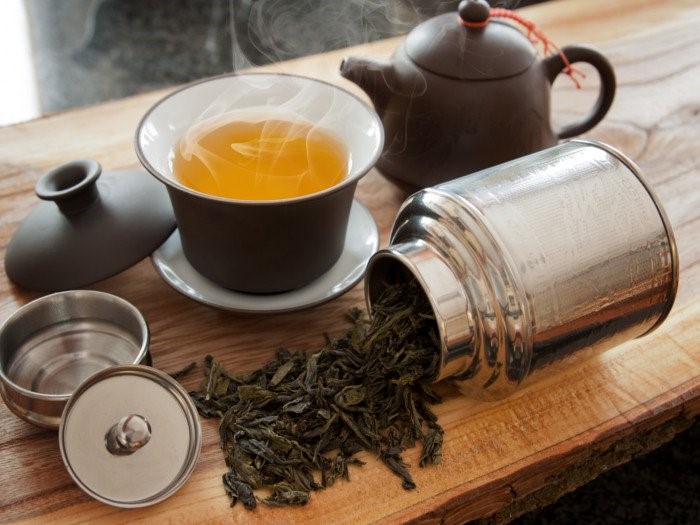
Probably the most popular of them all, green tea has a high concentration of EGCG (epigallocatechin gallate), a potent antioxidant found naturally in tea. This component alone can interfere with the growth of cancer, fight oxidative stress in the brain, reduce the risks of neurological disorders, such as Alzheimer and Parkinson’s disease, and improve cholesterol levels. On top of all that, green tea is the holy grail for weight loss experts, because it has less caffeine than coffee and has more antioxidants, it serves as a boost for metabolism and fat burning. It also contains an active ingredient known as theanine, an amino acid that helps in reducing stress by providing a calming and relaxing effect on the brain without sedation.
Hibiscus
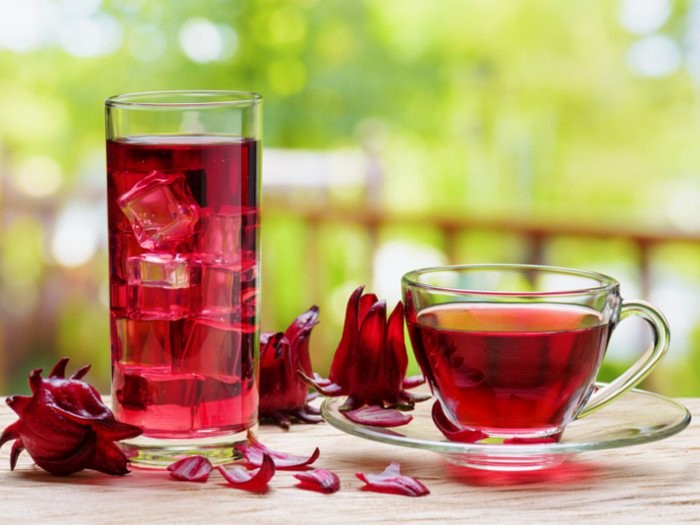
Also known as Agua de Jamaica, is prepared by boiling parts of the hibiscus plant, particularly the flower. A report from the American Heart Association states that consuming this tea lowers the blood pressure in pre-hypertensive and mildly hypertensive adults. At the same time, the antioxidants present in the hibiscus flower have been found to lower cholesterol and have important anti-inflammatory and antibacterial properties, so it would do everything from building your immune system and protect you from catching a cold.
Chamomile
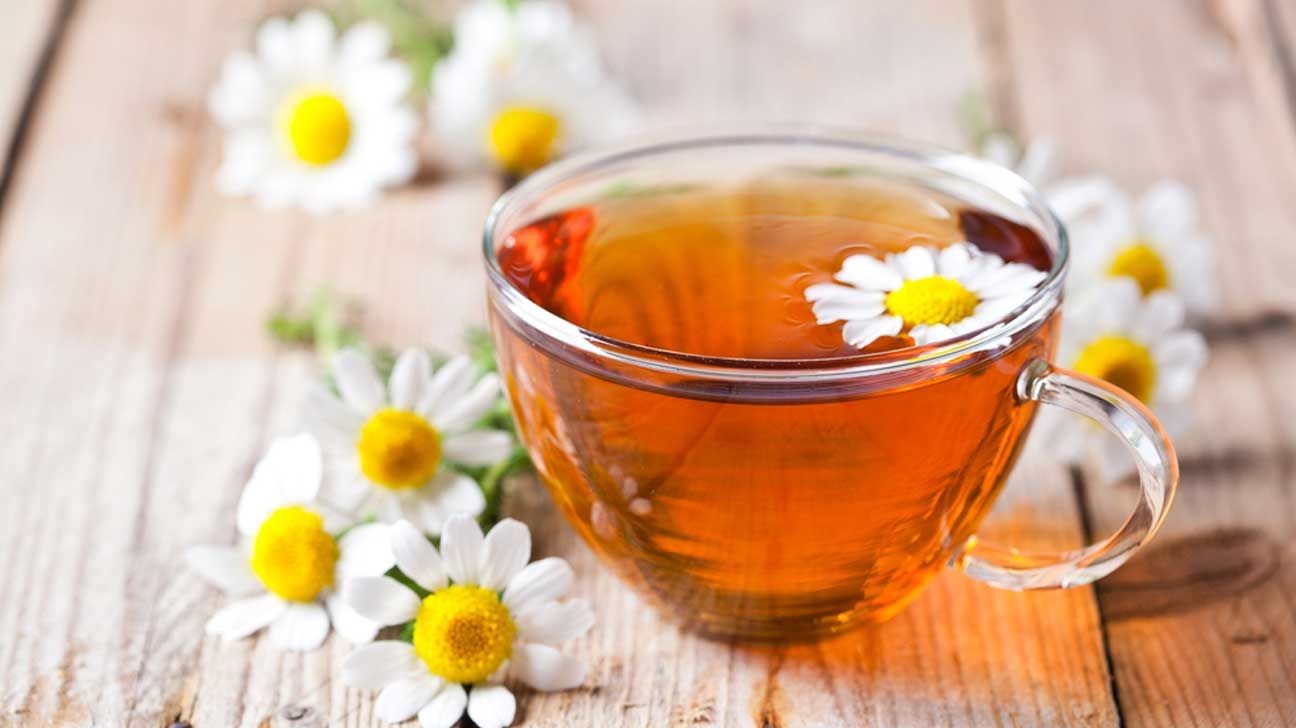
Another popular variety, largely associated with digestive issues. Chamomile tea also helps with acne, eczema, and inflammation (it can also be recommended for treating a skin sty), while boosting the immune system. It is also commonly used to promote sleep, and it is, in fact, a very effective sleep-inducer, that will work better than any pills (and without any hard chemicals), due to its flavonoids, a group of antioxidants phytonutrients that have sedative effects. If that wasn’t good enough, the intake of chamomile tea is also recommended to stabilize blood sugar levels, treat hyperglycemia and diabetic complications.
Black tea

This one contains several important vitamins that are key if you want to be healthy including carotene (a precursor to Vitamin A), Vitamin B1, C, and B6. As any type of tea, it also contains antioxidants and can help with the immune system. Due to part of its processing (the chance to ferment before drying), most black teas are rich in those polyphenols which have been shown to be effective against dementia in aging. These compounds penetrate the blood-brain and have also been found helpful to reduce cholesterol levels. For a more practical use, black tea has antibacterial properties, and its leaves can be topically applied to cuts, bruises, and burns.
Oolong

Even though is not as popular as other types, oolong tea combines the power of black and great tea in its components. It contains a full range of antioxidants and, as a semi-fermented tea, contains more polyphenols than black and fewer than the less oxidized green and white teas. Chinese herbalists believe that oolong is highly effective in dealing with symptoms of weak kidney and spleen energy, and just like our friend green tea, it is much recommended for its weight loss properties, because it activates the enzyme responsible for dissolving fatty deposits) and enhancing the function of fat metabolism.
Rooibos
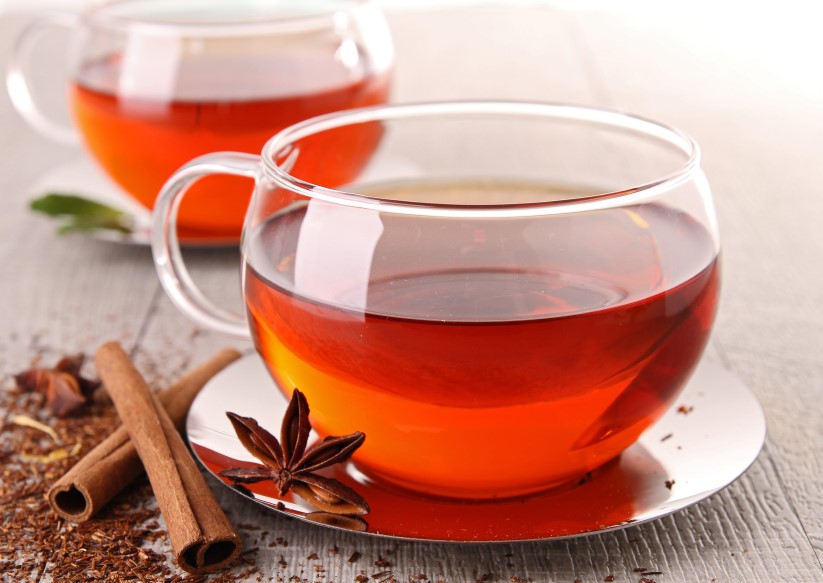
A caffeine-free (yes, no caffeine) herbal drink, rooibos is a very popular drink in South Africa and made of fermenting leaves from a shrub called Aspalathus linearis. The biggest medicinal use of rooibos is a treatment for diabetic complications, because of its high levels of aspalathin and nothofagin. The two flavonoids (quercetin and luteolin) present in its nature, are also used to prevent pancreatic cancer because they are natural antioxidants. The best part of this drink is that you can use it as an alternative to black or green tea, and still get all the benefits!

While these are just six types of teas out of a large variety available all over the globe, the health benefits prove to be quite extensive and preventative. Here in the Western world we tend to focus on medication and treating illnesses, I do believe there is something to be said about using nature to prevent illnesses and disease. If we are disciplined and take small steps, we can work with nature to get our bodies in tune as nature intended. Tea drinking is also a great way to socialize and contemplate which then becomes a major way to fight stress and unwind. Whether you like tea bags, loose tea, powders or prepared tea drinks the benefits are endless. Go ahead, turn off everything, get your favorite mug, brew up a cup of your favorite tea and relax. Your body will thank you for it.


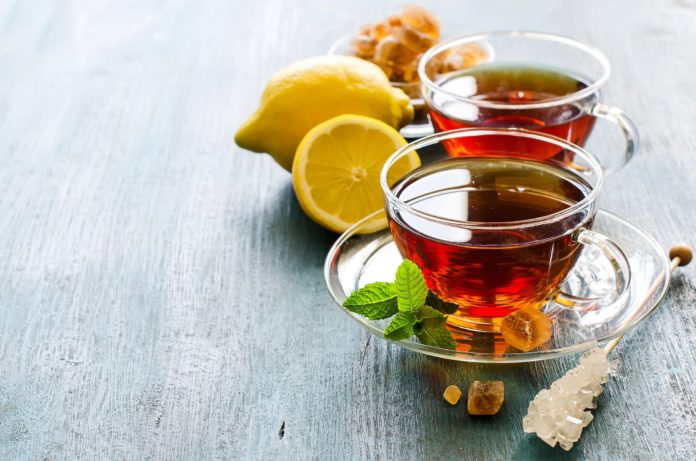






This The Natural Benefits Of Drinking Tea site has helped me many times in health problems.
This book helped me to heal and feel better: https://s96.me/herbal-remedies
Kiss you all!
i like this recommended post